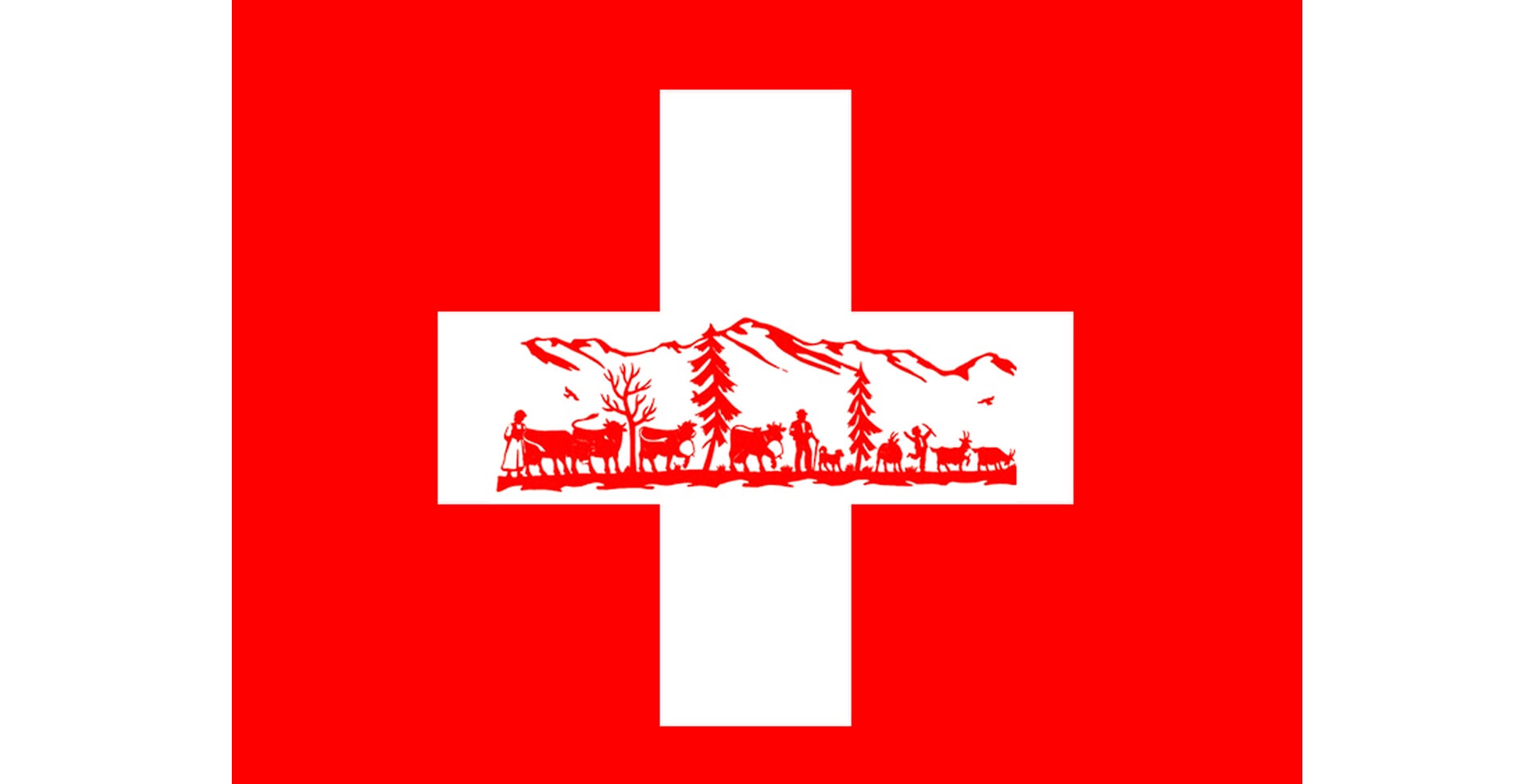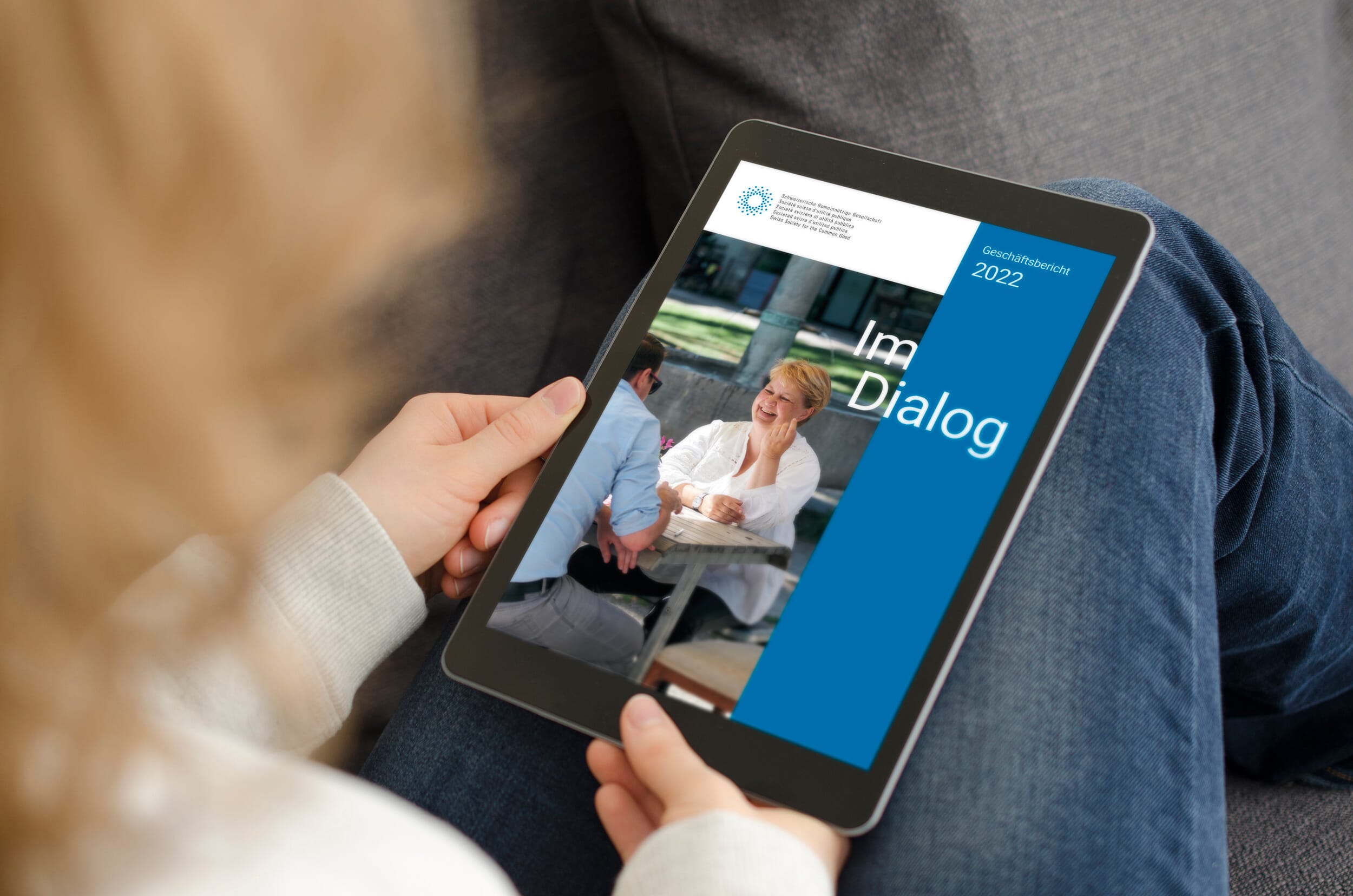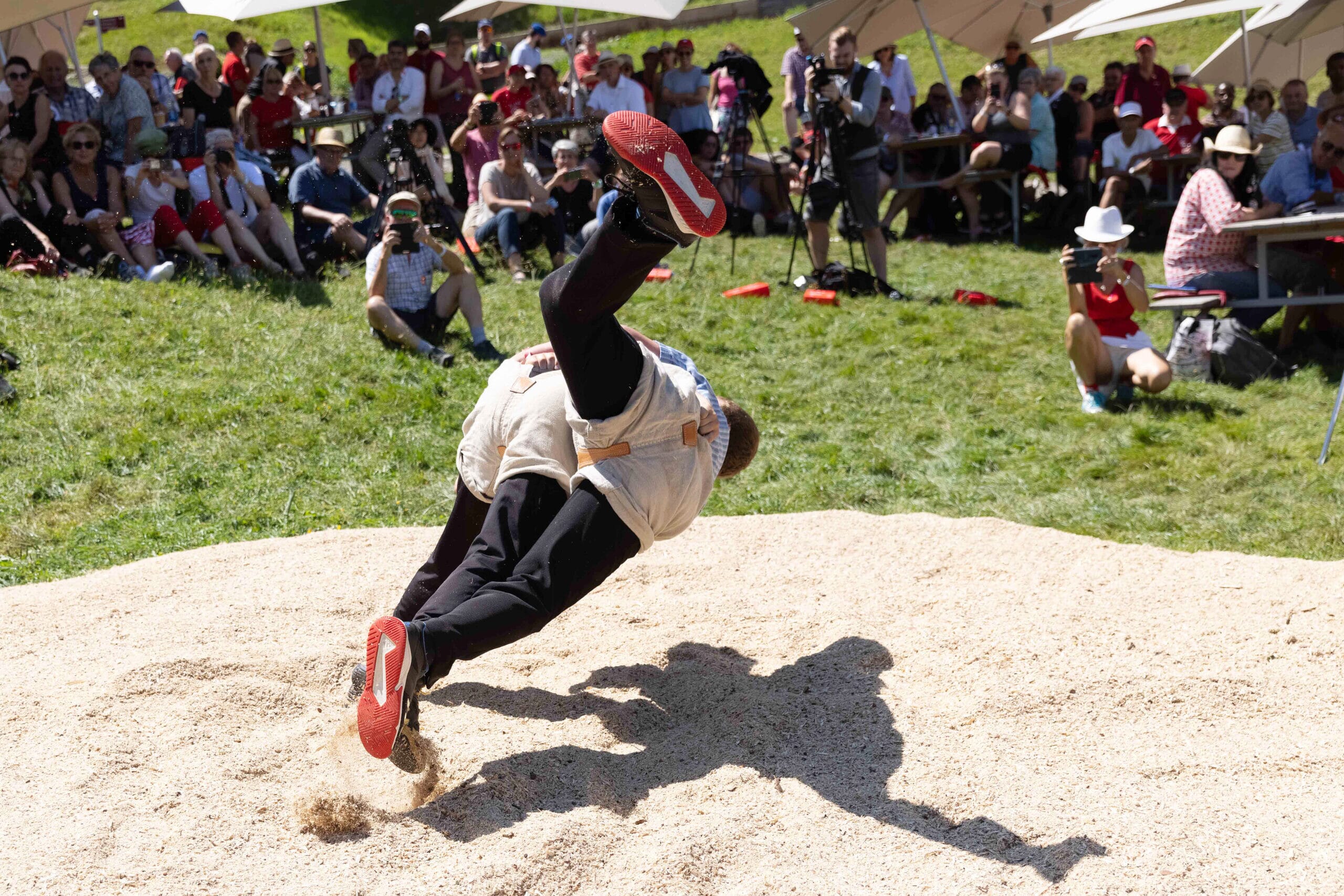30. March 2021
40th anniversary of the Swiss national anthem: What values do we want to sing?
Forty years ago, on April 1, 1981, the Swiss Federal Council definitively designated the Swiss Psalm “for the army and for the sphere of influence of our diplomatic representations abroad as the official national anthem of Switzerland”. Many people are not aware of this restriction for military and diplomatic purposes. The Federal Council did not have explicit constitutional authority to determine a national anthem. Indeed, at the time, the constitutional primacy of the cultural sector lay with the cantons, not the Confederation. In principle, therefore, athletes could sing any other patriotic song at the Olympic Games and at a soccer World Cup. And at federal communal celebrations, cantonal and regional anthems could be sung instead of the Swiss Psalm.
Political resistance from day one
In 1961, the Federal Council designated the “Swiss Psalm” as the provisional national anthem. The text of the Swiss Psalm dates from 1840 and was written by Leonhard Widmer. In 1964, after a trial period of three years, twelve cantons voted in favor of the “Swiss Psalm”, seven wanted the trial period to be extended and six cantons rejected the provisional national anthem. In 1965, the provisional status of the “Swiss Psalm” as national anthem was confirmed for an indefinite period. The Federal Council abandoned this provisional status 10 years later, but with the possibility of revising this decision. Between 1961 and 1981, extensive consultations, surveys and competitions were held to find a definitive anthem. In 1972, the SVP National Councillor Rudolf Etter wrote in a short question: “After the last August 1st, there were complaints all over the country that the singing of the new national anthem was becoming directly annoying and a real torture… It certainly can’t continue like this.” In 1989, as the 700th anniversary of the Swiss Confederation approached, several initiatives and petitions called for a new national anthem. The Geneva newspaper “La Suisse” offered a prize of 10,000 francs for the creation of a new anthem. In 2004, Margret Kiener Nellen, a member of the National Council, submitted a motion proposing the creation of a new national anthem in all national languages. In terms of content, the new anthem should be in harmony with the fundamental values and national objectives of the new federal constitution of 1999. In the same year, the “Action Committee for the Swiss National Anthem” tried to find a new anthem text “that everyone can sing” by the time of the European Football Championship in 2008. Without success.
Anthems are not set in stone
Over the past 30 years, the Philippines, Mongolia and Ethiopia have incorporated the core values of their constitutions into their national anthems. And on the other hand, they state in their constitutions that national anthems are not a museum piece, but can be adapted in case of historical and political changes or on the basis of constitutional reform. Many countries have changed the language of their anthem texts in recent years, mainly because they were only addressed to men. In 2014, SSUP held a national competition for a new text to the tune of the existing anthem. The requirement was that the new text incorporate the values of the constitutional preamble. Out of 208 entries, Werner Widmer’s text won the competition with a single stanza. The text is now available in the four official languages, in a stanza in mixed language and in English.
Here is the text in English:
White cross on a shining red,
woven by a common thread:
freedom, independence, equality.
Open to the world in solidarity,
Swiss are one in peace and diversity.
Free are we who freely speak,
strong as we protect the weak.
White cross on a shining red,
sign of Switzerland, the path we tread.
Together with 250 supporters from politics, culture, sport and business, the Swiss Society for Common Good (SSCG) invites the 2200 Swiss communities and 750 Swiss associations of the “Fifth Switzerland” to sing the proposed new anthem text together with the Swiss Psalm at the federal celebrations on August 1 and at other festive occasions. When the two texts are juxtaposed, even very skeptical people find that they can identify more with the new text than with the Swiss Psalm. 40 years are enough!



